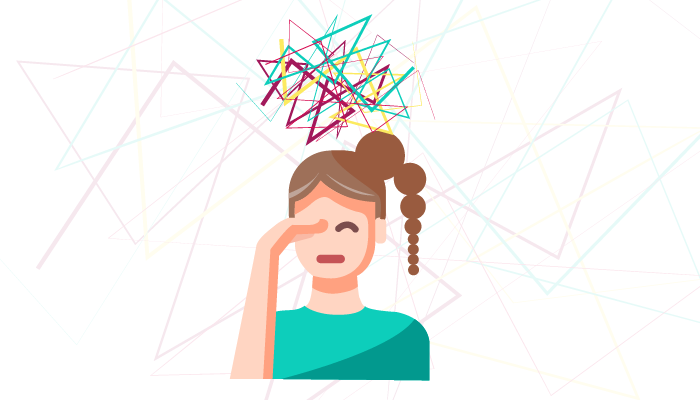
The negative association between visual impairment and mental health are well documented. Indeed, various groups of researchers have conducted systematic reviews and studies into how the association impacts the elderly, how it affects those attending eye clinics, how it became exacerbated during COVID lockdowns, and the worrying links to suicide risk.
Now, a group of Chinese and Australian researchers have focused on finding daily behaviors that patients might employ to help mediate the relationship. The study, published in Translational Vision Science & Technology, evaluated data from the UK Biobank, categorizing the refractive status (either hyperopia or non-hyperopia) of 20,607 participants along with measures of four main daily behaviors: moderate to vigorous physical activity (MVPA), light physical activity (LPA), sedentary activity, and sleep duration.
First, the researchers confirmed that individuals with hyperopia were at a higher risk of developing depressive disorders compared with their non-hyperopic counterparts, with each 0.5-diopter increase in mean spherical equivalent (MSE) being linked to a 6 percent higher risk of depression.
Next, the study identified two key behaviors that were shown to significantly mediate this relationship. MVPA was highlighted as having a protective effect for participants, lowering the risk of depression. On the other hand, longer sleep durations – particularly sleeping during the daytime – were linked to an increased risk. Notably, participants with hyperopia tended to engage in less physical activity and more sleep, which contributed to their higher risk of depression.
In addition to tackling exercise and sleep behavior to alleviate the burden of hyperopia, the authors also offer a broader suggestion. Promoting active lifestyles and addressing sleep issues in the general population, they say, could present a way of catering holistically to an aging population who are naturally more at risk of developing refractive errors.
